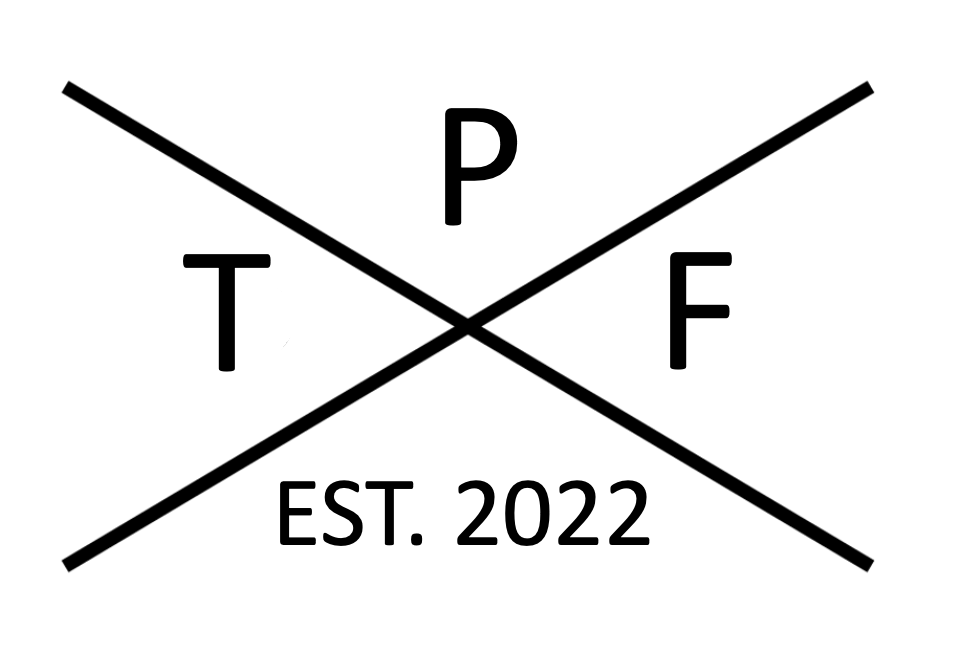What a week it has been for the economy and the banking sector. Volatility seems to be the norm as the banking system underwent a roller coaster ride last week with the collapse of Silicon Valley Bank (SVB). As the banking sector faced massive scrutiny, discussions shifted to the Federal Reserve’s upcoming actions. For weeks, analysts have anticipated a rate hike as high as 0.5%, but now expectations are closer to 0.25% or even no rate hike. Only time will tell as Fed Chairman Powell analyzes economic data to assess inflation trends.
Banking
Last week, I briefly discussed the collapse of SVB, but we didn’t see the rippling effects until this week. In addition to the fall of SVB, Signature Bank was another victim that resulted in the closure of its doors. An effort was made to sell SVB, but no buyers could be found, which led to the bank filing for bankruptcy protection. This didn’t come as a huge surprise and was becoming expected in the past few days. Throughout the week, discussions focused on the stress test of banks and their overall strength. First Republic was another bank that began to fall into distress. Still, unlike SVB, multiple large banks stepped in and deposited roughly $30 billion to shore up its liquidity and reassure customers.
An interesting announcement this week stated that federal officials are investigating the weeks leading up to SVB’s collapse as it pertains to the issuance of bonuses and stock sales by bank executives.
This week has been challenging for banks, not just in the US but also globally. Credit Suisse, based in Switzerland, was heavily scrutinized, and its stocks tumbled. However, the Swiss National Bank offered a nearly $50 billion loan to Credit Suisse, which considerably eased investors and customers. In a late development over the weekend, UBS offered to buy Credit Suisse, and looks very promising it will happen.
Jobs
The job market has been precarious this year, with numerous companies laying off thousands of employees. Facebook also announced its plan to cut 10,000 jobs over the coming months to become more efficient, which will also reduce future hires and evaluate projects.
Many companies are looking for ways to cut costs as inflation continues to run high during these uncertain times. Economic data remains mixed, making it hard for companies to plan for the future. This uncertainty causes many companies to be conservative in their planning and limit unnecessary risk. Additionally, the cost to borrow money for projects and expansion has increased, similarly for individuals, causing some companies to postpone large investments. Facebook will likely not be the only company to announce layoffs in the coming months.
International
French President Emmanuel Macron took unilateral action this week, bypassing parliament to raise the retirement age for citizens from 62 to 64. This action caused significant uproar and protests within the country. The parliament has been discussing this topic for some time, and Macron has stated that this action was needed to protect the country’s pension system.
France’s issues can be related to the US social security program. For years, discussions have been ongoing about whether the US social security program will be able to last into the future. Currently, individuals can start drawing social security benefits as early as 62. While the US is not presently considering adjusting the age, increasing the age limit could have advantages and disadvantages.
- Increased income and retirement savings for people staying in the workforce longer.
- Strain on the physical and mental health of older workers staying in the workplace into their later years.
- Potential difficulty for younger workers to find work due to older employees staying in positions longer.
- Reduced strain on the social security system since individuals are starting to draw benefits later.

